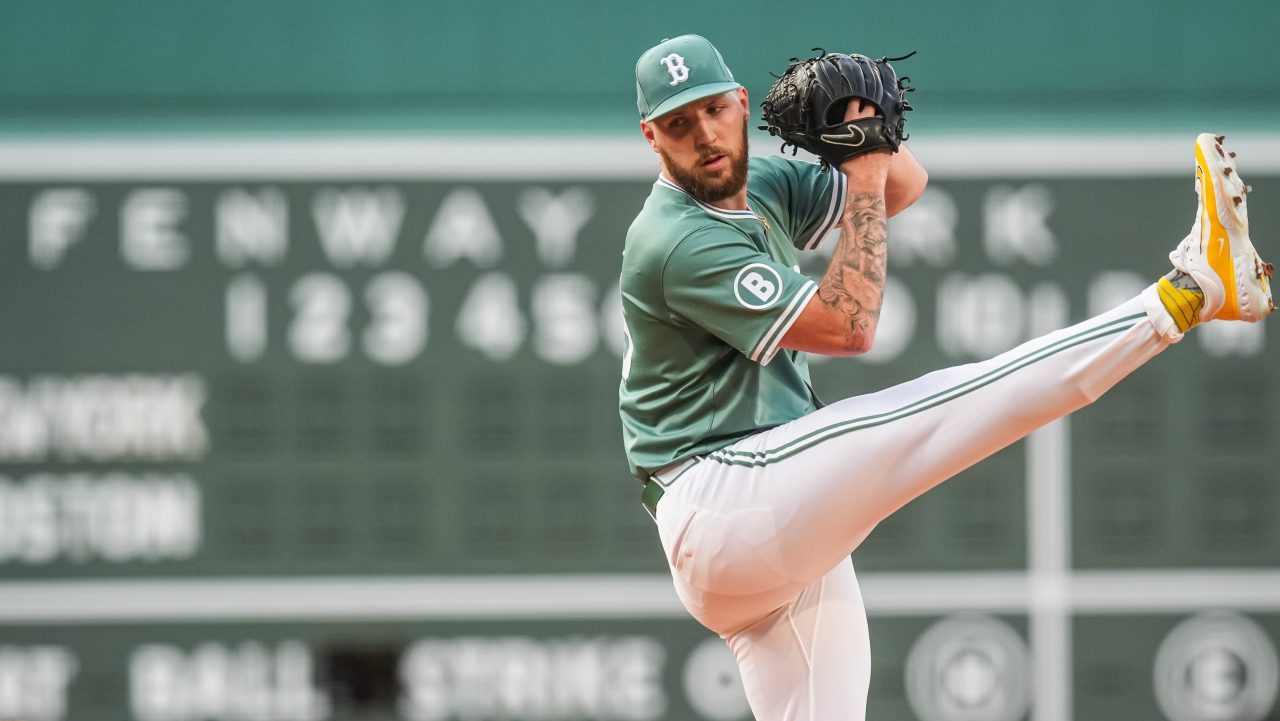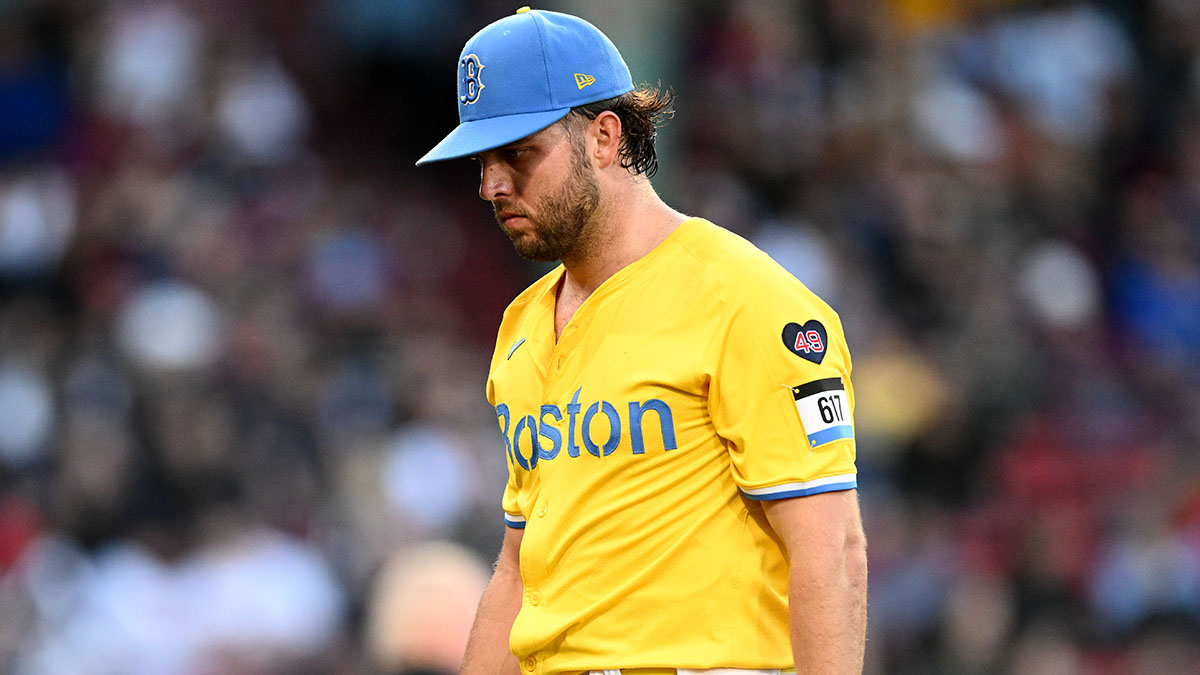
Dave Dombrowski without Mike Ilitch might be a Different Dave.
The J.D. Martinez pursuit is Dombrowski’s moment, a gambit and a gut check as we near the midpoint of his first Red Sox contract, a five-year deal as president of baseball operations.
From the outset, ownership appeared to give Dombrowski more clearly delineated autonomy than it did his predecessors. Any signing as large as Martinez remains an ownership-level matter. That will never change. But if the big bosses are letting Dombrowski handle the bulk of the Martinez pursuit — this is your job, Dave, you tell us what you want to do and when — the need for Dombrowski to nail this choice only increases.
A baseball source with knowledge of the negotiations said Martinez has indeed been a pursuit handled by Dombrowski primarily, as opposed to being spearheaded by ownership.
For Dombrowski, the motivation to drive down Martinez’s price is two-fold. The first is self-explanatory: no one wants to overpay.
But Dombrowski has a reputation for doing just that, overpaying. For being inefficient with resources, both in trades and free agency. At the midpoint of Dombrowski’s deal in Boston, the Martinez pursuit is a chance for Dombrowski to cast himself in a different light. Dealer Dave can turn into Shrewd Dave.
But at what point is such an effort outweighed by the risk? He can’t change his reputation on one deal.
Boston Red Sox
Find the latest Boston Red Sox news, highlights, analysis and more with NBC Sports Boston.
Dombrowski’s reputation is exaggerated at times. For one, look how great Chris Sale and Craig Kimbrel have been, even if they were costly pieces. (On the other hand, the David Price contract was a huge assumption of risk because of health and we’ll see how it plays out.)
But, going further into Dombrowski’s past, his rep doesn’t fully incorporate the role late Tigers owner Mike Ilitch had in Detroit’s expenditures.
Ilitch was the one who would often push Dombrowski to do deals. Some contracts — like Magglio Ordonez’s in February 13 years ago — were ones that the Tigers were actually better off doing, but certainly not all.
“Ilitch makes most of his baseball decisions that way,” SI.com wrote in August 2015 of Ilitch’s emotion-driven approach. “Dombrowski knows that better than anybody, because that’s how he got the job in the first place. It’s also how he ended up with Ivan Rodriguez, Magglio Ordonez and [Prince] Fielder. It’s part of the deal when you work for Ilitch.”
That dynamic may not exist in Boston. Does autonomy, to the greatest extent that term actually exists in a baseball management setting, best serve Dombrowski and the Red Sox?
As written previously here, the overwhelming evidence says the right move is to sign Martinez. Dombrowski must know that baseball’s market will look vastly different a year from now. The Yankees and Dodgers are expected to reset their luxury tax threshold this year. Manny Machado and Bryce Harper are free agents to be, and Clayton Kershaw may be as well. Nickels and dimes now will look like pennies in 12 months.
John Henry, who made his fortune on commodities futures, presumably has looked at the future markets as well.
Should he push his own convictions, whatever they may be, in a way Ilitch would have?
The pursuit of Martinez is about a lot more than just the pursuit of Martinez.


